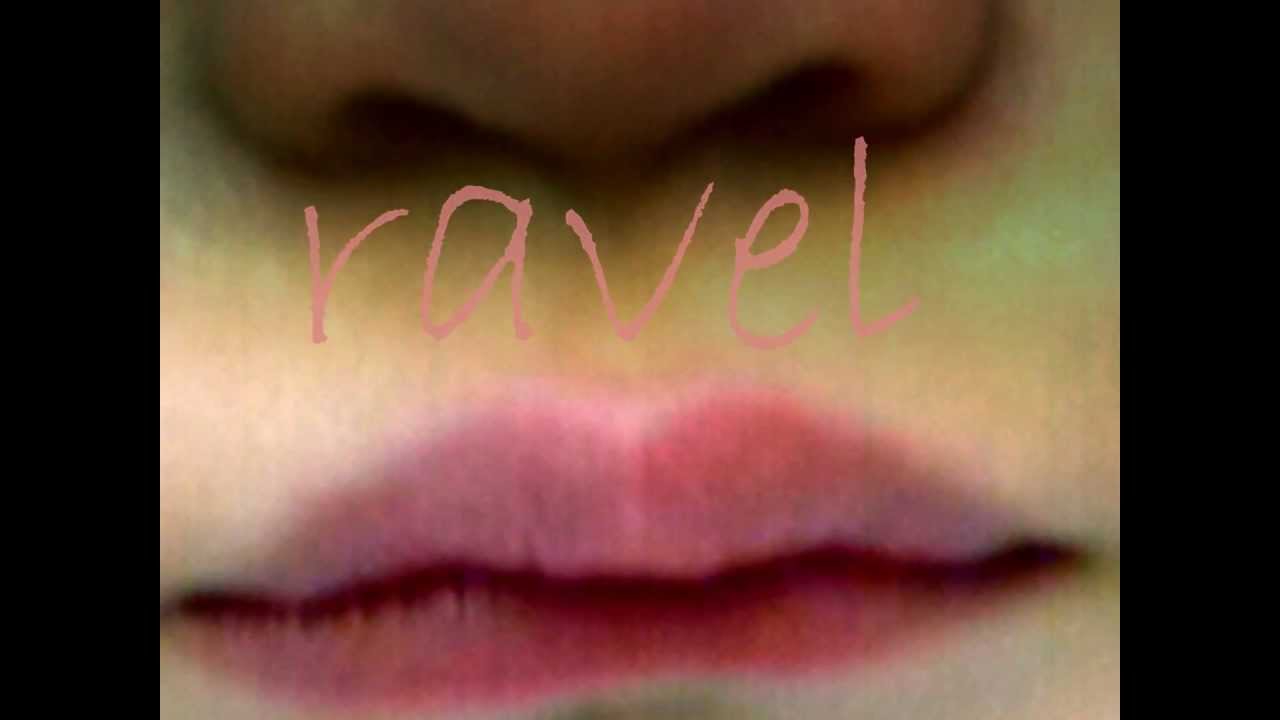
by Mary Birnbaum | Jun 6, 2017 | Song of the Day
For a Tuesday, I thought something a little more serious (just a little though) could be in order. I have always loved the songs of Reynaldo Hahn and particularly love Susan Graham’s compilation of Hahn’s songs—”La Belle Epoque”. A particularly...

by Rebecca Jo Loeb | Jun 29, 2016 | Song of the Day
“L’indifferent” is argubly the least well known of Ravel’s three songs that make up his masterpiece Sheherezade. Even so, it garners a good deal of speculation as to the nature of the poem and seems both musically and poetically shrowded in...

by Charlotte Dobbs | Jun 17, 2016 | Song of the Day
One of my dearest friends from my time at Juilliard is Sasha Cooke, a mezzo who should be very familiar to NYFOS audiences. Her vulnerability and honesty comes to life in this early performance of her, of Debussy’s Chansons de Bilitis. The poet Louÿs composed...





Recent Comments